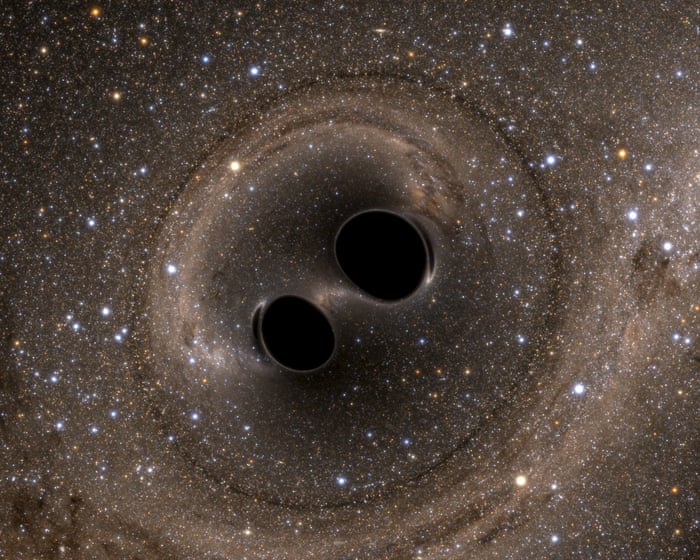Scientists detect biggest ever merger of two massive black holes

Scientists allegedly manipulate AI text prompts in papers for favorable reviews, while AI stirs controversy by praising Hitler and outperforms elite mathematicians in a secret challenge, showcasing both ethical concerns and advanced capabilities.

All major sources, one page
Feel the mood behind headlines
Know what’s trending, globally
Get summaries. Save time
6,828
116
204
4 hours ago
Stay sharp in 60 seconds. Get concise summaries of today’s biggest stories — markets, tech, sports, and more
All major sources, one page
Feel the mood behind headlines
Know what’s trending, globally
Get summaries. Save time
6,828
116
204
4 hours ago
Stay sharp in 60 seconds. Get concise summaries of today’s biggest stories — markets, tech, sports, and more